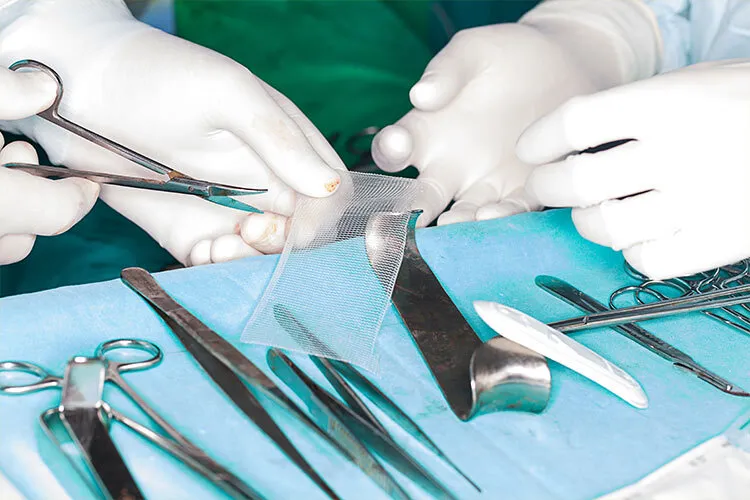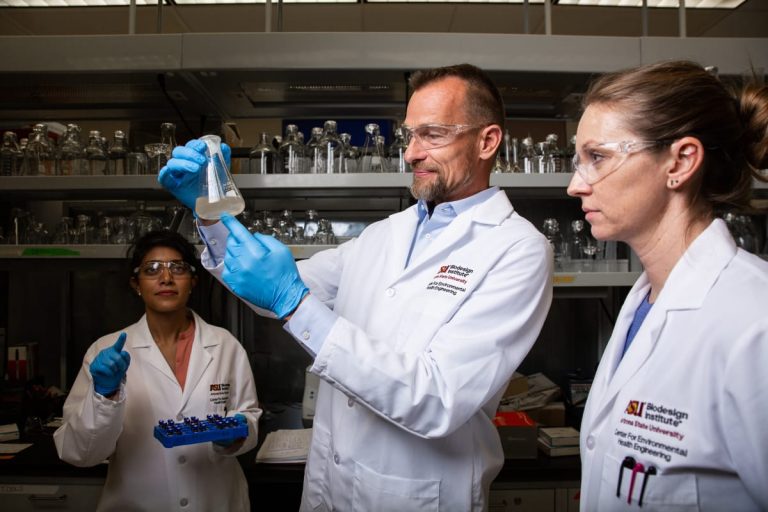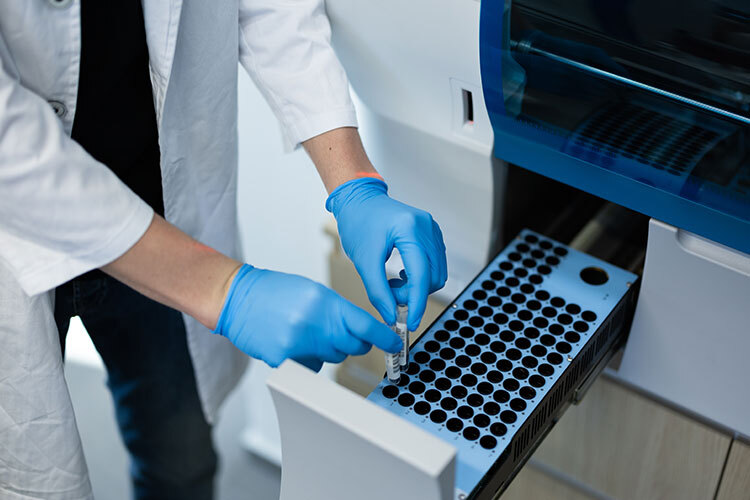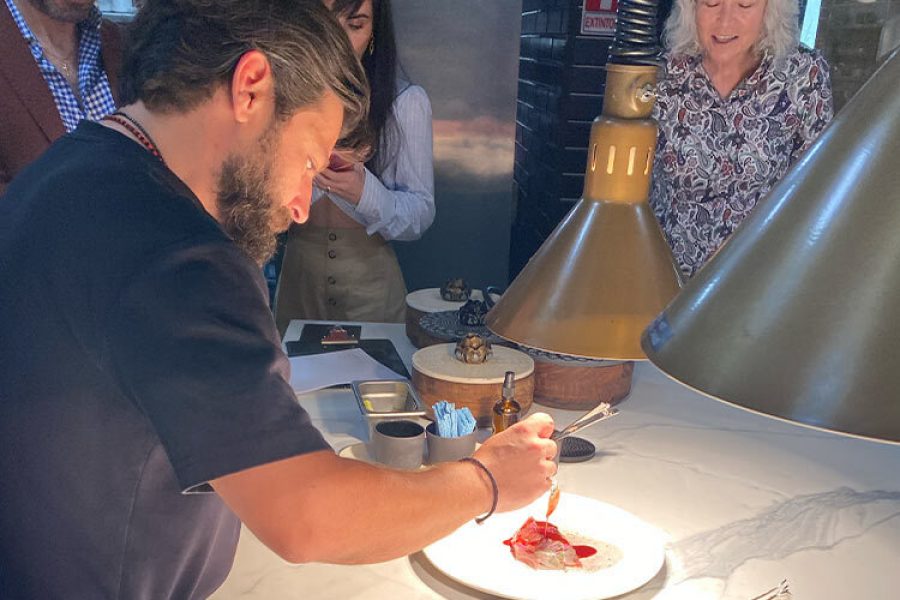One in every 10 Mexicans will need to undergo abdominal wall hernia surgery, according to the Mexican Hernia Association. In response, scientists devised a mesh made from biodegradable polymers to treat this medical condition.
The experiment began at Tec de Monterrey and involved researchers from various disciplines, including medicine, engineering, and chemistry. The Accelerated Materials Unit at the Institute of Advanced Materials for Sustainable Manufacturing (IAMSM) at Tec de Monterrey, led by Alex Elías, collaborated with researchers from multiple fields and physicians from Zambrano Hellion Hospital, including José Antonio Díaz Elizondo.
Karina Del Ángel Sánchez, a researcher in this project, adds that they mainly concentrated on designing meshes for abdominal wall hernias, which have a 10% incidence rate among the Mexican population, primarily affecting economically active adults aged 39 to 59.
Hernias are produced by any activity or health condition that puts additional strain on the tissue, weakening it. The mesh helps heal by forming a “barrier” that speeds up injury repair.
<!–[if lte IE 8]>
<![endif]–>
Biodegradable Mesh for Hernias
The IAMSM team began designing a mesh of three different biomaterials that can dissolve in the body without causing harm. The Food and Drug Administration (FDA) approved all materials.
One standout feature of this innovation is that when placed in the body, it’s non-toxic, immediately adaptable, and allows for more significant cell proliferation and adhesion than other market options (both degradable and non-degradable).
Its structure aids in faster tissue repair, accelerating and making patient recovery more efficient.
Del Ángel points out that not all meshes are currently biodegradable, so they believed that was the main characteristic their work needed to have.
“Meshes have been in use since 1890, but significant improvements didn’t come until 1950. While some were made of materials like nylon, they are susceptible to contamination, which has always been a serious issue in surgeries,” he said.
Mesh Thread Creation
The researcher explains that they use the Forcespinning machine to generate the threads. A polymeric solution is injected into the machine’s reservoir; it spins at high speeds, separating the solvent from the mixture and producing the strands, which are then collected and formed into meshes of various sizes. They are then analyzed to determine their biocompatibility and biodegradability.
This project is carried out in collaboration with TecSalud, the Tec de Monterrey healthcare system, which conducts medical tests.
In abdominal wall hernia surgery, this mesh can help repair and strengthen damaged tissue, cover the abdominal area, and promote cell growth and new tissue.
Based on this research, a technology-based company called ZOA 4U was recently established with the initiative of Tec de Monterrey; it aims to produce meshes that are more accessible and less expensive in Mexico but have the same quality.
















